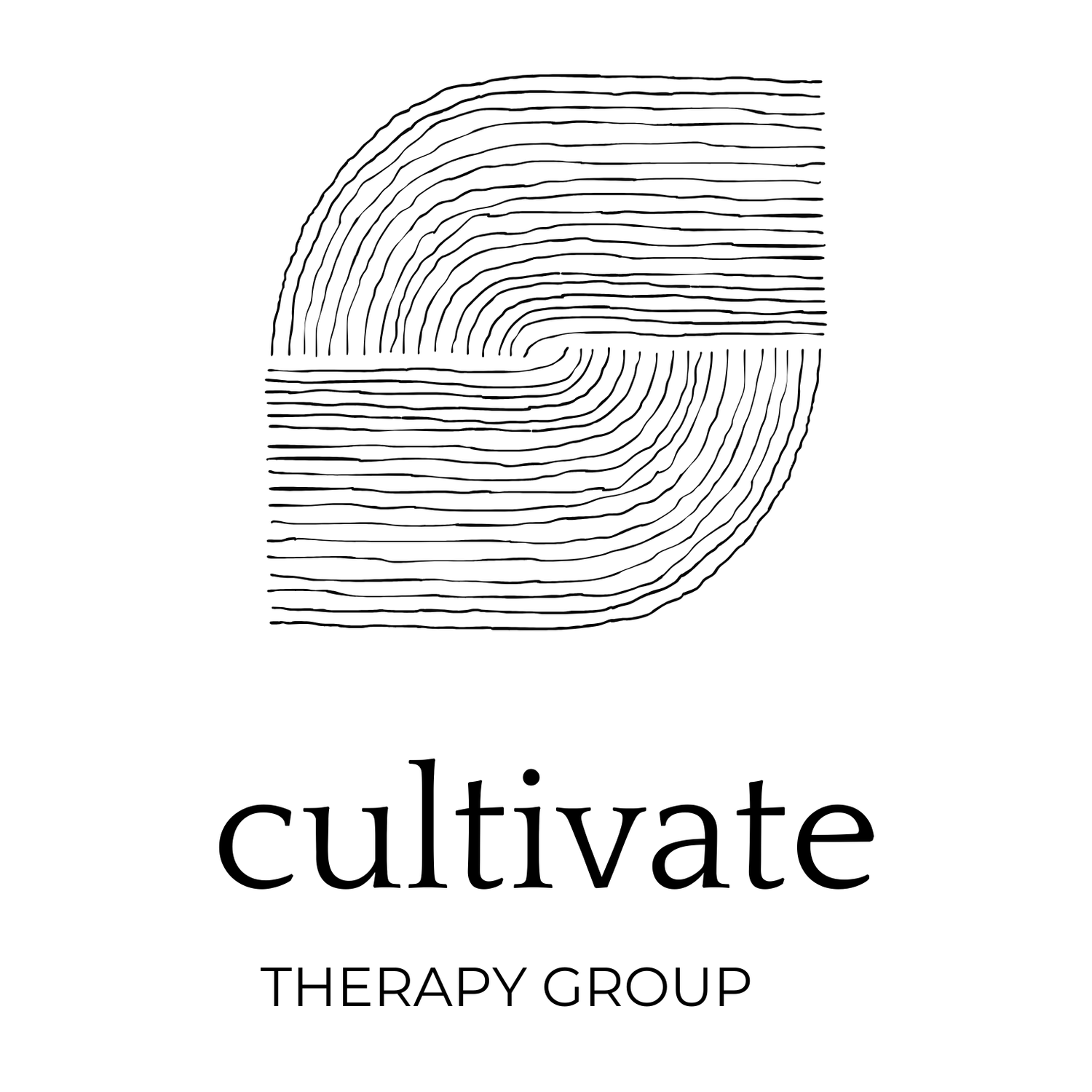Don’t Believe Everything You Think: Battling Anxiety
One of the most effective ways to reduce anxiety is to use your mind to catch & replace unhelpful thinking. The thoughts that accompany (and fuel) anxiety are distorted, but have juuust enough truth that they sound compelling. If you’ve ever experienced heightened anxiety, you know how quickly anxious thoughts can spiral. Here’s the trick...don’t believe everything you think.
Anxious thoughts are usually driven by a few unhelpful thinking styles. We all utilize these unhelpful thinking styles or cognitive distortions from time to time. Here are the five most common distorted thoughts that I see fuel anxiety:
All the Trophies
When I was in the bleary eyed state of being a brand new mom, I was convinced I would never successfully leave the house before 10am ever again. As I dove into this ever changing rhythm (and all the equipment that goes with it), I began offering myself mental trophies for any small, personal successes. Got somewhere within 20 minutes of the start time? Trophy! Showered? Trophy! Left the house? Trophy! Made it through a rough day? All the trophies!
3 Ways to Battle Shame
If we slow down to pay attention, we see the many small moments our shitty first drafts fight for our attention. It can be as simple and subtle as the moment your spouse looked away from you when you came out in your new sweater for the first time (SFD: He thinks it looks bad on me, I’m not good enough), or the look that stranger gave you walking Lake Merritt (SFD: She heard what I said and is judging me), or the drop of your stomach when a group of coworkers make lunch plans without you (SFD: They don’t like me, I’m a tag-a-long). Once those everyday shame moments are in our awareness, how do we battle it?
Sh*tty First Draft
I recently had a scuffle with a friend that left me spinning. I felt consumed by it, it seemed every waking moment I was rehashing and replaying our conversation, trying to make sense of our argument. The more I tried to shake it, the more I found myself thinking about it. I became more and more anxious, unsure, and critical of myself. I felt a pull to smooth it over. Unconsciously, I went to an old, familiar story that my worth is dependent on whether people are pleased with me. My anxiety was oozing out of my shame exposed behind my likable, charming armor. In her research on vulnerability & shame, Brene Brown calls this reaction “The Shitty First Draft”. We all have a shitty first draft. It’s our knee-jerk, go-to story we tell ourselves when we feel vulnerable, shame, or fear. So how do we break the cycle?
What are Good Therapeutic Disclosure Questions?
When you discover your partner’s sex or love addiction, you want to want to know everything. This usually yields conversations late into the night, rehashing the past in an effort to seek safety and make sense of the past. I like to call these conversations drive-by disclosure. It is profoundly disorienting to doubt your own history. Enter the formal therapeutic disclosure process, aimed at restoring dignity and providing information so you can make informed decisions about your future. (You can read more about that process here)

